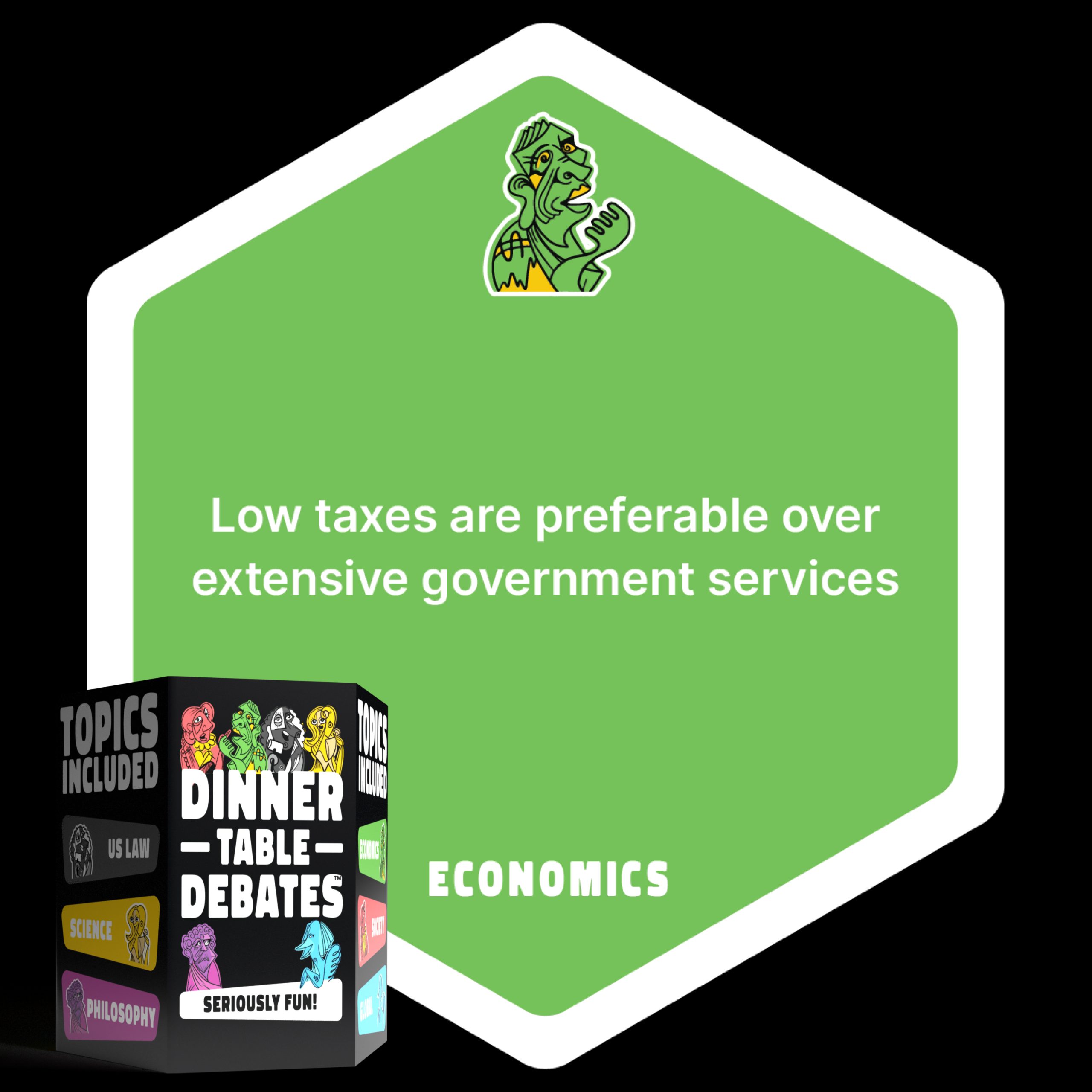Imagine walking into a voting booth and seeing not just two or three options, but ten or even twenty different political parties on your ballot. While this might seem foreign to many Americans used to the Democrat-Republican dichotomy, it's a reality in many countries around the world. Did you know that in India's 2024 general elections, a record 744 political parties are in the running! Or that in the early days of the United States, there were numerous political parties vying for power before the two-party system became dominant?
The American political landscape has evolved significantly since the nation's founding. In the early 19th century, the U.S. saw parties like the Federalists, Democratic-Republicans, and later the Whigs competing alongside the Democrats and Republicans. However, by the Civil War era, the two-party system we know today had largely solidified. This raises an intriguing question: Do most nations have too many political parties?
Welcome to your Dinner Table Debates Daily Deep Dive where we explore real topics from our decks and give you everything you need to debate, in under 10 minutes. Today's topic is "Most nations have too many political parties" and comes from our Full Size Essentials Collection deck. Let's Dig In.
The concept of political parties is as old as democracy itself, but the idea of a multi-party system really took off in the 19th and 20th centuries. As societies became more complex and diverse, so did their political landscapes.
This isn't just about how many names appear on a ballot. When we talk about the number of political parties, we're really discussing representation, governance efficiency, and the very nature of democracy itself. It touches on fundamental questions about how diverse viewpoints can be represented in government and how decisions get made in society.
According to the International Institute for Democracy and Electoral Assistance, as of 2021, there are over 5,000 registered political parties worldwide. The number of parties that actually win seats in parliament varies widely by country, from two in the United States to 24 in the Netherlands' 2021 election.
It's crucial to discuss this because the structure of a nation's party system can have profound effects on political stability, policy-making, and citizen engagement. The largest voter turnout in the US was at 66% in the 2020 Presidential election. Would more people have come out to vote if there were more parties? The number of parties can influence everything from how governments are formed to how effectively they can implement their agendas.
Now, let's debate!
Agree (Most nations have too many political parties):
Disagree (Most nations do not have too many political parties):
Now, let's explore some rebuttals.
For the first "Agree" point about political instability, a rebuttal might go: While Italy has struggled with frequent government changes, other multi-party systems like Germany have maintained stability. The German system, with its 5% threshold for parliamentary representation, balances diverse representation with governmental stability. This suggests the issue isn't necessarily the number of parties, but how the system is structured.
For the second "Disagree" point about coalition-building, you could argue: While joining forces through coalitions can lead to compromise, it can also result in policy gridlock. Belgium's 2010-2011 political crisis, where it took 541 days to form a government due to party disagreements, shows how too many parties can paralyze a political system.
To sum up, the debate over whether nations have too many political parties touches on core principles of democratic representation, governance efficiency, and political stability. There are valid points on both sides, highlighting the need for careful consideration of how political systems are structured.
Some countries have taken steps to manage the number of parties. For example, Russia introduced a 7% threshold for parties in 2007 (later reduced to 5%), which significantly reduced the number of parties in parliament. On the other hand, Tunisia saw a proliferation of parties after the 2011 Arab Spring, going from 9 legal parties to over 100, as part of its democratic transition.
Further learning <-
Eager to delve deeper into this topic? When you’re playing Dinner Table Debates at home, the Agree side gets to set the stage and determine how the debate will unfold. This means they can define the terms and context, leading to a fresh and engaging conversation every time. If you’re tackling the debate on “Most nations have too many political parties,” here are some ways the Agree side could shape the discussion:
Most nations have too many political parties to be effective: How does having a large number of political parties impact the effectiveness of governance and decision-making? Can an excess of parties lead to inefficiency and gridlock in government?
Most developed nations have too many political parties: Do developed nations face unique challenges due to having a high number of political parties? How does this abundance affect their political systems compared to less developed countries?
Most nations have too many ineffective political parties: How does the proliferation of political parties contribute to the presence of ineffective or marginal parties? What impact does this have on the overall effectiveness of the political system?
If you enjoyed our deep dive, you can debate this topic and many others by getting your own Dinner Table Debates deck at DinnerTableDebates.com. It's a unique game because every round starts with randomly assigning agree or disagree, then you pick the topic, meaning that you might be debating for something you disagree with or vice versa. But that's the point! Stretch your brain, gain clarity, improve critical thinking and empathy, and have fun doing it! You can also join the debate on our Instagram and TikTok account. Get ready for some thought-provoking discussions that will challenge your assumptions and broaden your understanding of the world around you! Happy debating and remember everyone is always welcome at the table.

Do you remember the first time you solved a complex math problem—the satisfaction of finding the right answer? Or maybe you recall losing yourself...

Every year at tax time, you’re probably hoping to get a refund or may have a tax bill to pay, but how does paying...

What if getting a college degree didn’t come with a lifetime of debt? Imagine if anyone could attend a public university without worrying about...